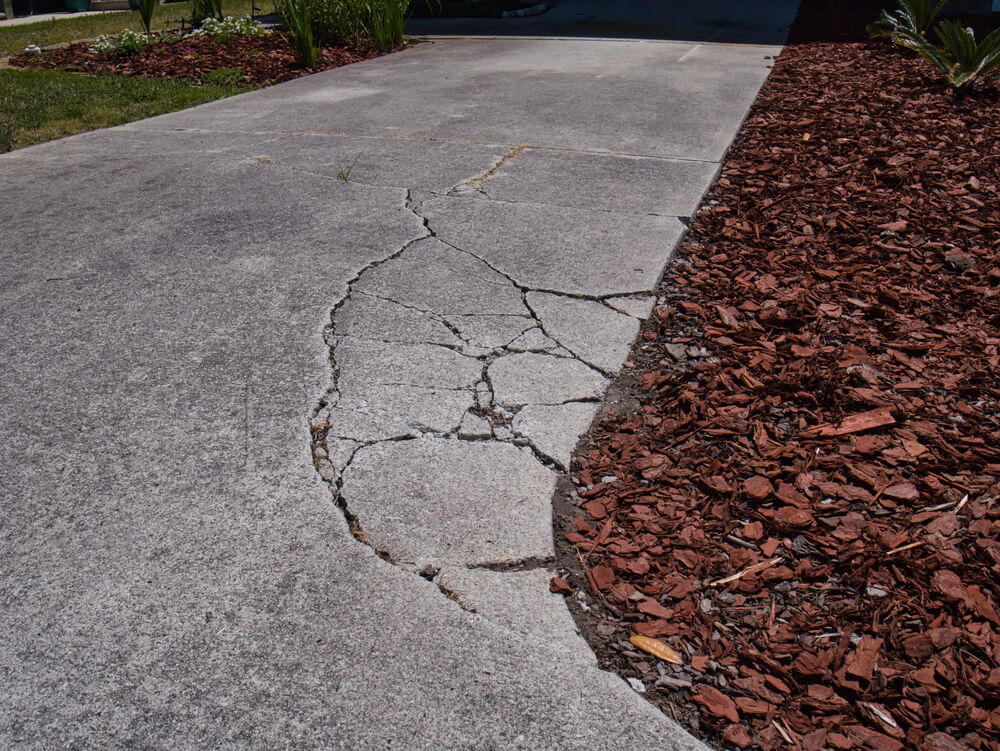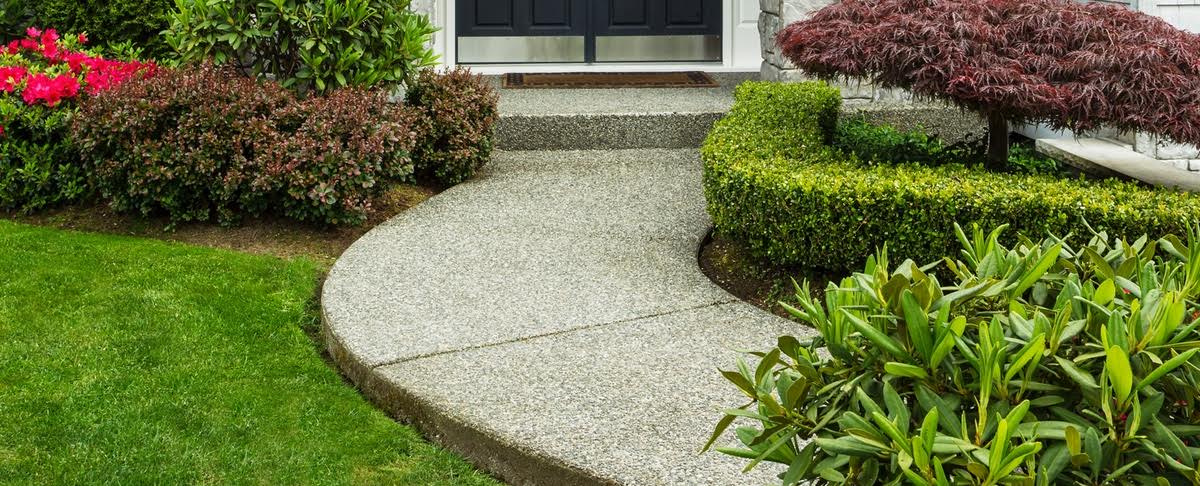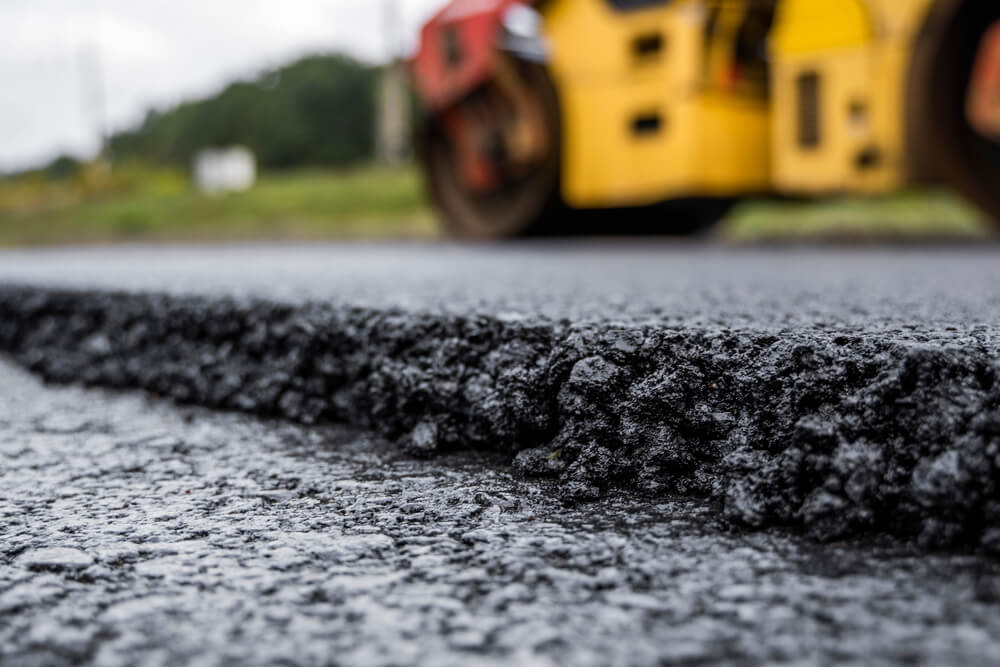
What Is the Expected Lifespan of a Concrete Driveway?
Your driveway sees a lot of traffic, so it must use the most durable, long-lasting materials. At the same time, you want your driveway to look nice and add to your home’s curb appeal. Concrete is a popular driveway material option. Not only does it add visual appeal to your home, but it’s a durable choice and a worthwhile investment. If you’re trying to decide if you need reinforcements for your driveway, Richfield Concrete can help answer your questions. Let’s look at the average lifespan of a concrete driveway, factors that can shorten that lifespan, and how concrete reinforcements can









